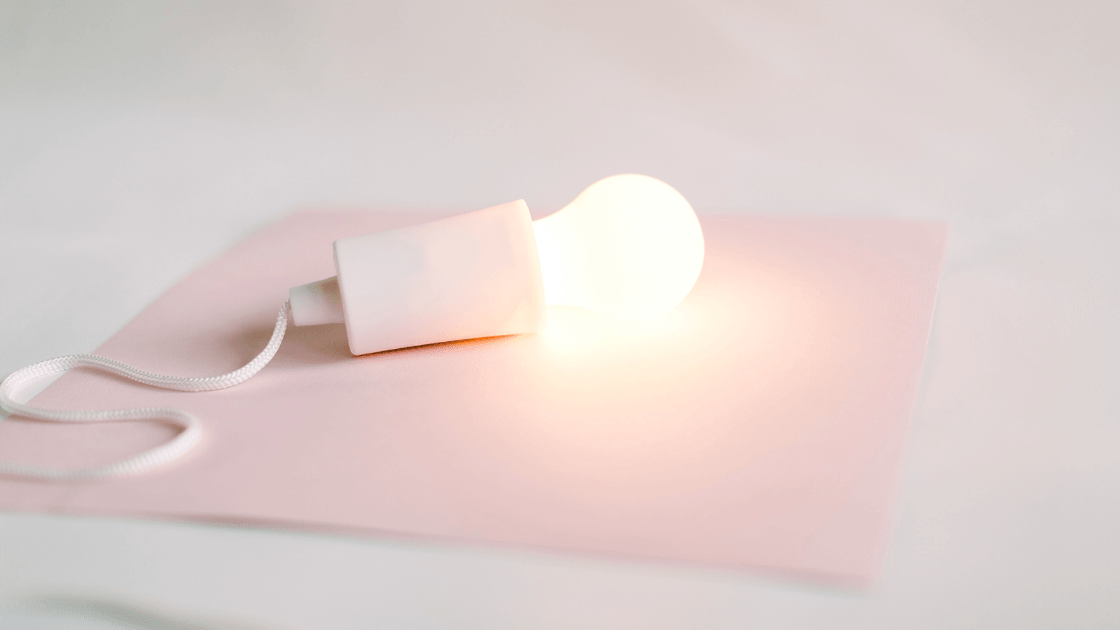Stress Incontinence (Why You Leak When You Laugh) & Treatment Options

Have you ever been at lunch with a friend and while you were both laughing at something, you felt like you sprung a leak in your underwear?
Or maybe you were coughing, sneezing or heck, even exercising and felt urine leakage?
This common occurrence in women is called stress incontinence.
Stress incontinence can transpire when physical activity like heavy lifting, running, coughing, sneezing, standing up and even sexual intercourse places stress (pressure) on the bladder.
However, don’t be fooled by the name stress; this type of incontinence has no relation to psychological stress.
Stress incontinence also differs from urge incontinence which is when the bladder muscle contracts which results in the unintentional loss of urine (correlated to a feeling of urgency).
Stress Incontinence Symptoms
The following symptoms may or may not be experienced every time you cough, sneeze, etc. Keep in mind – especially when your bladder is full⏤that any pressure-increasing movement can leave you susceptible to urine loss.
- Exercise
- Getting Out of Car
- Standing Up
- Lifting Something Heavy
- Sexual Intercourse
- Sneezing
- Coughing
- Laughing
CAUSES & CONTRIBUTING FACTORS OF STRESS INCONTINENCE
Stress incontinence is due to weak tissues and pelvic floor muscles (that support the bladder) and controls the release of urine.
Because the muscles are weak any strain on the pelvic and abdominal muscles can place pressure on the bladder, and thus, causes urine leakage.
Causes & Contributing Factors:
- Childbirth
- Prostate surgery (in men)
- Chronic sneezing or coughing
- Smoking (may cause frequent coughing)
- Running and jumping (high-impact) over a prolonged period of time
- Obesity
RISK FACTORS FOR STRESS INCONTINENCE
Some risk factors like body weight, age, previous pelvic surgery and type of childbirth delivery may increase your risk of stress incontinence.
Body Weight: Any added stress placed on the pelvic and abdominal organs due to excess weight can increase the risk of stress incontinence.
Age: Even though stress incontinence can occur at any age, weakening of muscles due to aging may be a stress incontinence risk factor.
Previous Pelvic Surgery: Men who have had prostate surgery and women who have had a hysterectomy (which alters the support of the urethra and bladder) are at risk for stress incontinence.
Type of Childbirth Delivery: Women who have delivered vaginally and/or forceps were used in the delivery process are at risk for stress incontinence.
STRESS INCONTINENCE TREATMENT OPTIONS
Kegal Exercises: these pelvic floor exercises help to strengthen the muscles and can be done throughout the day and nobody will even know.
Weight Loss:
Focusing on a healthy weight for your body can decrease any added stress to your bladder.
Stop Smoking: Because coughing is exacerbated while smoking (not to mention all of the health risks associated with smoking); cessation of smoking can definitely help stress incontinence.
Watch Caffeine Intake: Caffeine (tea, coffee, chocolate) can irritate the bladder, so it’s best to opt for no caffeine or regulate your intake.
Surgical Treatment: Although the surgical route is usually the last resort, speaking with your doctor can help you decide which path is best for you.
YOUR NEXT STEPS:
Discuss
potential stress incontinence symptoms and treatment options with your healthcare professional and get back to laughing without leaking!
Stay In The Loop w/ Renew News!
Thank you for subscribing to Renew News! Keep an eye on your inbox ; we can't wait to give you all the skincare and wellness news to help you take care of you.
Oops, there was an error sending your message.
Please try again later!


Kindly note that appointments must be canceled at least 48 hours in advance, as failure to do so will result in a $100 fee.
All Rights Reserved | Renew Medical Spa • Laser • Wellness | Privacy Policy | Policies & Procedures

